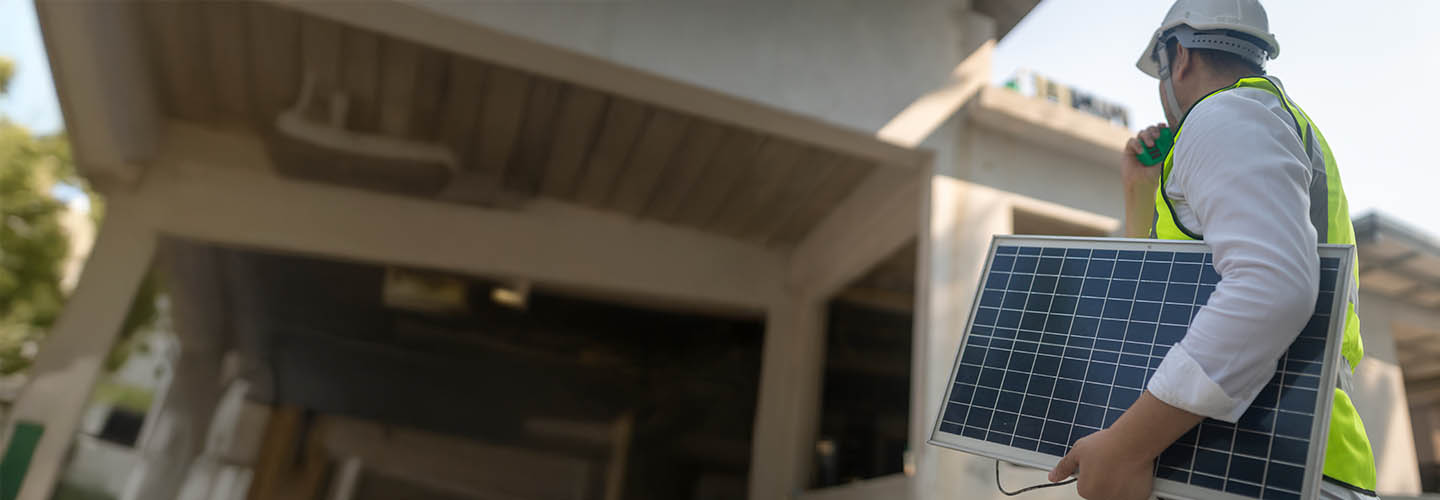3 investment questions to ask your relationship banker
3 investment questions to ask your relationship banker
Staff writer
3 mins
A Private Clients banker can help you build and manage your investment portfolio.
Wealth management is a wonderful notion if you know what you’re doing. But most of us rely on experts to guide us on how to grow and protect our capital. And rightly so, because your future financial well-being isn’t something that should be taken lightly.
How do you know you're getting the best advice, though? Here are 3 questions to ask when your relationship banker is helping you weigh up investments.
1. Is my capital guaranteed?
This question is especially important if you need to preserve your capital. Whether you’re already retired or saving for your child’s education, there are times when you simply can’t afford to put your money at risk. Options you can consider that offer capital protection include fixed or notice savings accounts and money market products.
2. How quickly can I get my money out if I need it?
The second-most important question you need to ask your banker before you invest is how accessible your money will be in the case of an emergency. This matters for 2 reasons.
Firstly, you want to be able to get your money when it’s needed. If you’re saving for an emergency fund, then immediate access is an important consideration. For an event further in the future that you’re saving for, like a university education, you have more time to prepare and can invest for a fixed period or choose a notice period that suits your schedule.
Make sure you clearly understand what the costs will be if you need to access your funds early in an emergency
Secondly, you’ll get better interest rates on investments with a longer fixed or notice period. You must decide whether you want earn higher rates at the cost of flexibility, or if you need easy access to money that isn’t growing as fast.
3. Fees and penalties
A sure way to sacrifice capital growth is to buy into an investment that has fees and charges eating away at your earnings. Many of these are unavoidable, but if you’re a Private Clients accountholder, be sure to ask your relationship banker about penalties like early withdrawal fees. These are commonly found in notice or fixed deposits but may also apply to other products.
An early withdrawal fee could put a dampener on the gains your investment has made. So, make sure you clearly understand what the costs will be if you need to access your funds early in an emergency. That’s why it’s important to know why you’re saving with a specific investment product, and how quickly you might need to access that money.
Diversification is your friend – you could put some money into a notice or fixed deposit and place the remainder in a quick-access account to ensure you can access it in need.
Speak to your banker about your goals and concerns, and to find the best-qualified experts within the bank to help direct you to an investment solution that suits your specific needs.








